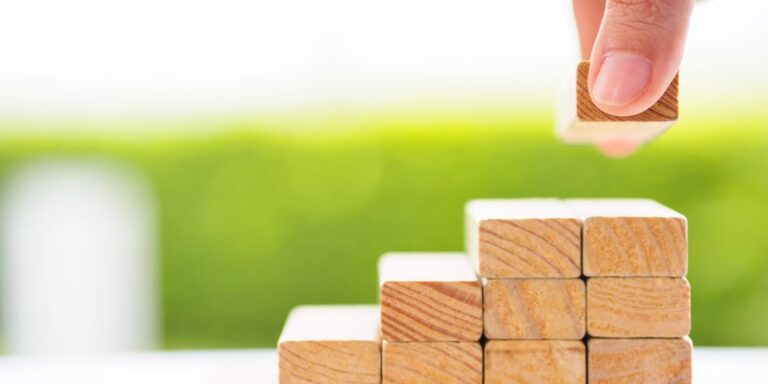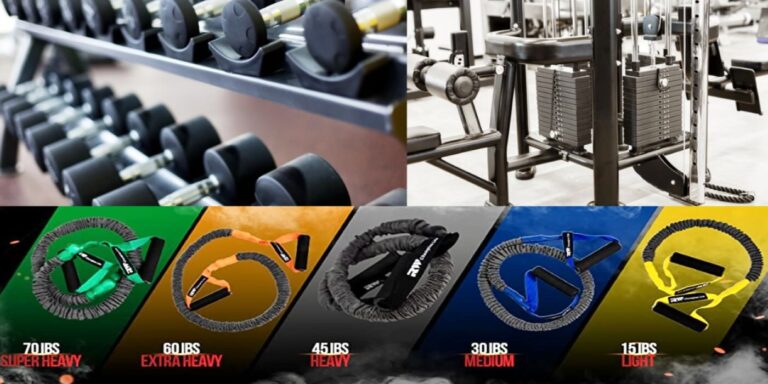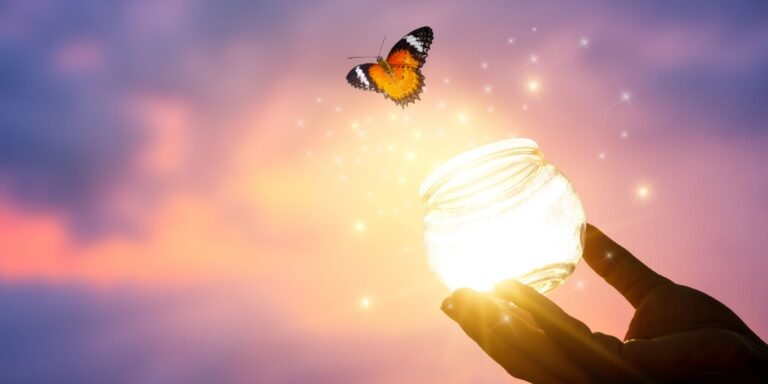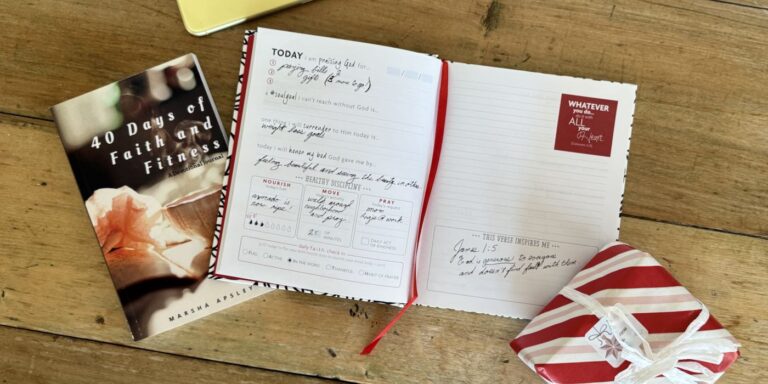"Shalom!" This was my greeting as I shared at a recent Breast Cancer Awareness Sabbath at my synagogue. The Hebrew word is known throughout the world to mean "peace". Depending on how Hebrew words are pronounced they convey intent and emotion. Shalom can mean feelings of contentment, completeness, wholeness, well being and harmony. For me it also means daily cherishing a legacy of friends. Let me explain.
When I celebrated my 10th anniversary of being a breast cancer survivor I did it by being part of my synagogue’s community of survivors. I just had my yearly appointment with my oncologist, and he said I look fantastic. No one could have paid me a better compliment. Rabbi Panitz initially asked me to reflect and tell my faith community about being a breast cancer survivor. As I share with the Faith & Fitness Magazine community, I will also talk about the, let’s say, “legacy” of my breast cancer.
When I was diagnosed in 2001, I considered myself a fairly healthy person – I exercised, ate well (I thought) and tried to live an overall healthy lifestyle. I can’t say I was surprised when I was told I had breast cancer, even though there was no breast cancer in my family – I just went into the “let’s just take care of this” mode. I found out what I had to do and I did it. But there have been some lasting side affects – my legacy of breast cancer.
There have been, and continue to be, physical tolls. For example, I still have some tightness and lack of abdominal muscles from the tramflap, a reconstructive surgery. I developed lymphodema, localized fluid retention and tissue swelling in my left arm from the lymph nodes being removed. The chemotherapy changed my immune system so I now get terrible cases of poison ivy (basically if I just look at the stuff), where before chemo I could lay in it and not be affected.
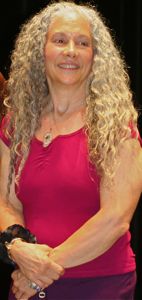 The chemo affected my memory too. I used to have a photographic memory. Now I walk around with notes in my pocket so I don’t forget what I’m supposed to be doing or where I’m supposed to be going. I can see the same movie over and over again and it’s always new. The only part of my brain it didn’t affect was the numbers part – I remember addresses, dates, phone numbers to the point of it almost being creepy. The most lasting “legacy” from the chemo is that I am now a type 2 diabetic because the chemo damaged my pancreas – there is no diabetes in my family. All of those things are constant reminders that over 10 years ago, I was diagnosed with breast cancer.
The chemo affected my memory too. I used to have a photographic memory. Now I walk around with notes in my pocket so I don’t forget what I’m supposed to be doing or where I’m supposed to be going. I can see the same movie over and over again and it’s always new. The only part of my brain it didn’t affect was the numbers part – I remember addresses, dates, phone numbers to the point of it almost being creepy. The most lasting “legacy” from the chemo is that I am now a type 2 diabetic because the chemo damaged my pancreas – there is no diabetes in my family. All of those things are constant reminders that over 10 years ago, I was diagnosed with breast cancer.
But there are also many positive “legacies” that have come from my breast cancer and they definitely outweigh the negatives. I pay closer attention to my health and I don’t put off doctor’s visits. I eat better – mostly fresh or frozen, and try to stay away from processed food with a lot of chemicals. I go to the gym every day to stay as healthy as I can. I have an appreciation for life in general that I didn’t have before – I don’t take anything for granted.
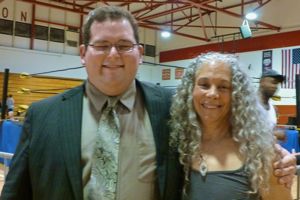 I have friendships that are stronger because I got breast cancer – friendships that are so very dear to me. There is the friend who went with me to every chemo session and brought her cooler filled with all different types of food. She sat for four hours with me just talking. There is the friend who helped unpack boxes and set up my kitchen because I couldn’t because I had just had surgery. Another friend bought me a dress that buttons up the front so it would be easier for me to get dressed to come to services. There is the friend who was on vacation in Ireland with her family who called to make sure I was okay. Yet another friend brought me a movie every day at lunch for a month while I was home recuperating (of course, the movies were what she liked but I couldn’t go anywhere and didn’t have a choice). There is also my son Brandon. I recall that he packed about 10 pillows around me so the dogs wouldn’t hurt me when they jumped on my bed while I was recouperating.
I have friendships that are stronger because I got breast cancer – friendships that are so very dear to me. There is the friend who went with me to every chemo session and brought her cooler filled with all different types of food. She sat for four hours with me just talking. There is the friend who helped unpack boxes and set up my kitchen because I couldn’t because I had just had surgery. Another friend bought me a dress that buttons up the front so it would be easier for me to get dressed to come to services. There is the friend who was on vacation in Ireland with her family who called to make sure I was okay. Yet another friend brought me a movie every day at lunch for a month while I was home recuperating (of course, the movies were what she liked but I couldn’t go anywhere and didn’t have a choice). There is also my son Brandon. I recall that he packed about 10 pillows around me so the dogs wouldn’t hurt me when they jumped on my bed while I was recouperating.
I have friends that I wouldn’t have if we’d met under “normal” circumstances, who are also survivors. There is a special bond between survivors – a special connection. I cherish the relationships that I have and never take them for granted. I’ve learned that nothing is certain in your life. There are people I assumed would be there for me because they should have been. They weren’t. Other people who didn’t need to be there for me were there. They are the most important people in my life.
Today, I cherish every day and live it to the fullest. Appreciate the people who rally around you in your time of need, and tell them how much they mean to you. Do it today – don’t wait until tomorrow.
DO YOUR OWN SELF-EXAMINATION (reflection and discussion questions)
1. People sometimes apply the rationale, “If God is a compassionate and all powerful God why does He allow awful things like cancer”? What is your understanding of God? From a spiritual perspective, why do you feel bad things like cancer happen to people? What can you do to expand your understanding of God? What can you do to expand your understanding of cancer or other significant challenges?
2. Who do you know in your gym, church, workplace, neighborhood and family that are struggling with a challenge? What specific ways can you help these individuals survive? What keeps you from being more involved in someone’s life and what would motivate you to become more involved?
3. Learn more: Want to be equipped to serve others and help them survive? Here are a few ways you can put some tools in your pocket. Things like knowledge, attitude and resources. Use online Bible references and study tools to find wisdom, motivation and instruction to build your personal faith and guide you in the practice of compassion and service to others. Research local health care providers, ministries, organizations, Meet-Up groups and support networks with whom you can partner to learn and serve.
Use Faith & Fitness Magazine and ADD A NEW COMMENT to this article below. Network with others, share your ideas and ask questions using our Facebook page. Most importantly, get involved and stay involved in helping others survive.

